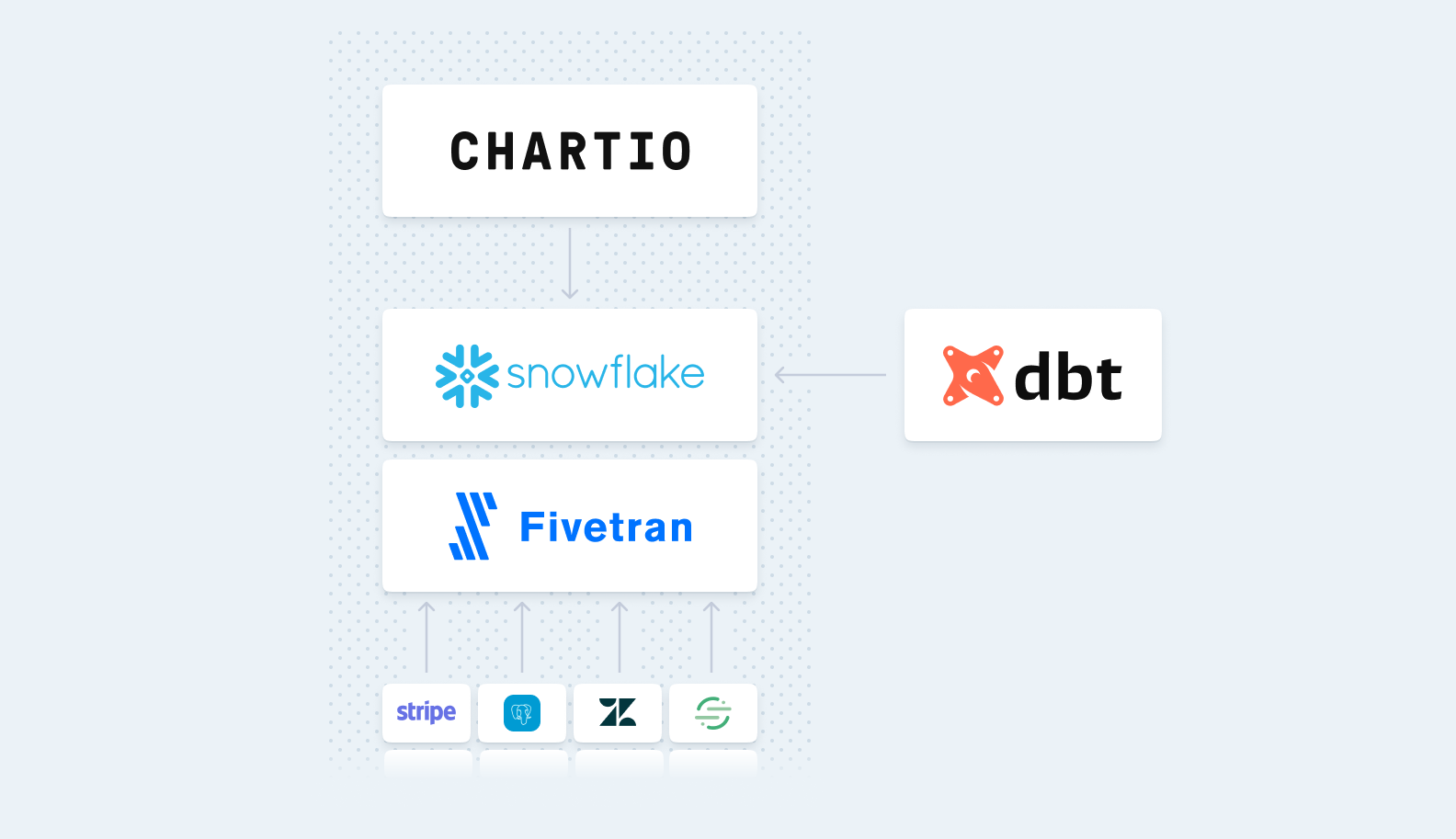Amend Your Marketing Tech Stack with Business Intelligence
Posted by on April 25, 2017 Business Intelligence, Marketing, Marketing Analytics, Data Analytics
Depending on the company, the scope of the Marketing Operations role can be quite vast. Responsibilities often include campaign analysis and reporting, database administration, performance measurement, strategic planning, technology evaluations, and the list goes on.
By its sheer function, a Marketing team stretches across different disciplines, databases and metrics. Meaning, a content marketer tracks different metrics and has a different goal than a marketer who handles SEO. Depending on the specific roles within your team, measuring performance and analyzing campaigns sounds like it would be complex.
However, don’t let the pretense of complexity deter you from gaining insights from your data. As technology and data are the two most important aspects for Marketing Operations, there are a few tools that every marketing team must have in their tech stack. Those tools are: Marketing Automation, CRM and Business Intelligence. While Marketing Automation and CRM are operational standards, purchasing a Business Intelligence (BI) is not often part of the standardized marketing tech stack.
As an evaluator of technologies for the Marketing team, it’s crucial to have a single solution that has the ability to analyze all marketing data in a single interface. BI does just that. We believe that when combined, the power of Marketing Operations and BI can help resolve typical challenges faced by Marketing teams.
Optimizing Marketing Campaigns
As cliché as it is, everyone in Marketing has heard the line, “you have to spend money to make money.” Well, that’s still true today. For many Marketing teams, running paid campaigns is a necessity, and often the most effective campaigns cost a lot of money. And since there are so many ways to execute a campaign, it can be difficult to discern between high performing campaigns, campaigns that need to be tweaked and which one completely lacks a return on investment.
In using a Business Intelligence solution, you’ll be able to optimize every marketing campaign track every dollar and see movement throughout the marketing funnel. The high-level benefit in using a BI solution to report on campaigns provides two things: the ability to connect multiple data sources and gain invaluable insights. Let’s take an AdWords campaign for example. You could look at your AdWords dashboard within your account, but with a BI solution, you could look at AdWords, Marketing Automation and CRM data in one visualization.
Business Intelligence has the ability to provide robust insights that give you the full picture on campaign performance. Ultimately, telling your Marketing team’s story and showing you where to focus your efforts and spend your next dollar.
Sales and Marketing Alignment
Much has already been said about Sales and Marketing alignment, so we won’t venture deep into the topic. Rather, let’s discuss how Business Intelligence can function as a transparent medium between the two teams.
Companies with fully-aligned Sales and Marketing teams rely on Marketing Operations to act as a bridge between the two departments and have the ability to share goals and results with Sales. With that, Marketing Operations needs a solution that fully measure marketing’s performance in granularity and then have the ability to share those insights directly with Sales.
Enter: Insights and dashboards via Business Intelligence.
Unlike Salesforce dashboards and reports, a Business Intelligence solution is able to combine all marketing and sales data together. So, if your marketing team is tracking top of the funnel from Google Analytics, Marketing Automation and CRM data, your Sales team knows exactly what’s incoming into their pipeline.
On the Sales side, Marketing can then see what’s converting from MQLs to Sales Opportunities to closed deals or lost opportunities. With these insights, Sales and Marketing have access to data and can provide a feedback loop of what’s working and what’s not. Ultimately, both teams will then work together to improve their performance.
Conclusion
These are just two examples of how Business Intelligence can resolve two top of mind challenges for fast-growing Marketing teams. As the role of Marketing Operations continues to prove its necessity, the changing responsibilities will continue to grow as well. In implementing a Business Intelligence solution within your standard marketing tech stack, it would be beneficial to the operational excellence of the team and the overall company.


